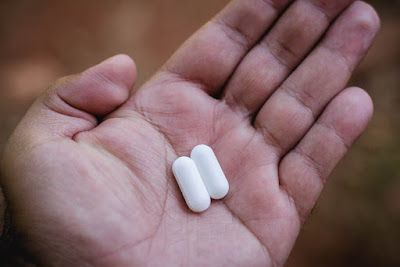Drugs for the prevention and treatment of malaria
Malaria is a
serious disease spread by mosquito bites infected with tiny parasites. The
mosquito injects malaria parasites into your bloodstream when it bites you.
Malaria is caused by parasites rather than a virus or bacteria.
Malaria can
cause severe health problems such as seizures, brain damage, difficulty
breathing, organ failure, and death if not treated.
Malaria is
common in hot and humid tropical areas. In 2020, there were 241 million
reported cases of malaria worldwide, with 627,000 deaths as a result of the
disease. The vast majority of these cases take place in Africa and South Asia.
What causes malaria?
When a mosquito
bites a malaria patient, the mosquito becomes infected. When that mosquito
bites someone else, it introduces a parasite into their bloodstream. The
parasites multiply there. Malaria parasites can infect humans in five different
ways.
People who are
pregnant and have malaria can pass the disease to their children before or
during birth in rare cases. Malaria can be transmitted through blood
transfusions, organ donations, and hypodermic needles, but this is unlikely.
Malaria Prevention and Treatment
Many of the same
medications are used to prevent and treat malaria. Malaria Prevention and
Treatment
Many of the same
medications are used to prevent and treat malaria. The same medications that
are used to treat malaria are frequently used to help prevent it.
Because there
are different patterns of infection and drug resistance depending on where you
travel, these drugs are chosen by geographic region.
Malarone
(atovaquone and proguanil) This medication combination is generally well
tolerated, with few side effects. Women who are pregnant or breastfeeding a
small child are not permitted to use it. Malarone prophylaxis should begin one
to two days before potential malaria exposure. It is taken on a daily basis and
must be continued for seven days following your trip.
Aralen (chloroquine) This
drug is considered safe during pregnancy, but it is not available in some areas
due to drug resistance. Chloroquine prophylaxis should begin one to two weeks
before potential exposure, be taken weekly, and continue for four
weeks after your trip.
Doxycycline This
medication is an antibiotic that can also help prevent other infections. It is
not recommended for pregnant women or young children, and potential side
effects include increased sun sensitivity, stomach upset, and vaginal yeast
infections in women. Doxycycline should be started one to two days before
potential exposure for prophylaxis, taken daily, and should be continued for
four weeks after your trip.
Lariam (mefloquine)
Although this medication is considered safe during pregnancy, it is
incompatible with certain psychiatric, seizure, and cardiac disorders. Lariam
should be taken weekly for at least two weeks before potential exposure and
should be continued for four weeks after your trip.




Comments
Post a Comment